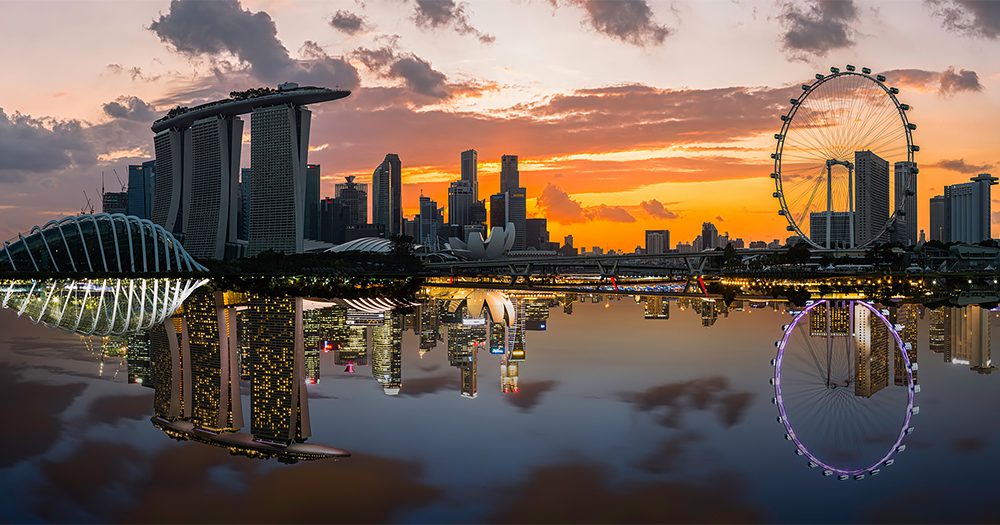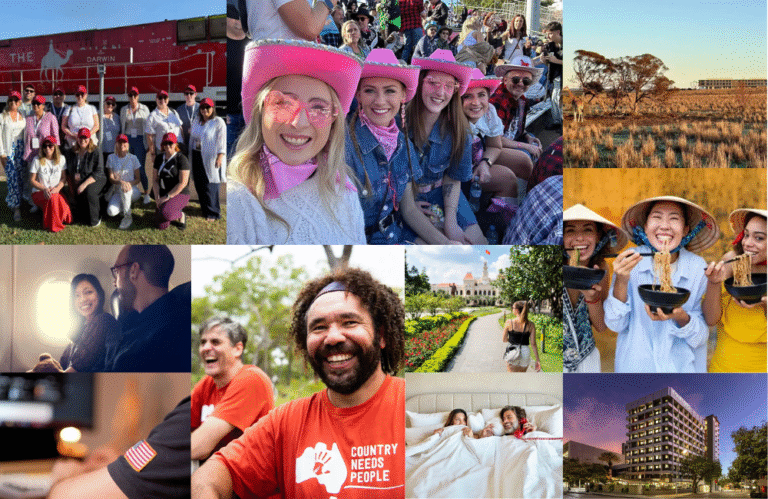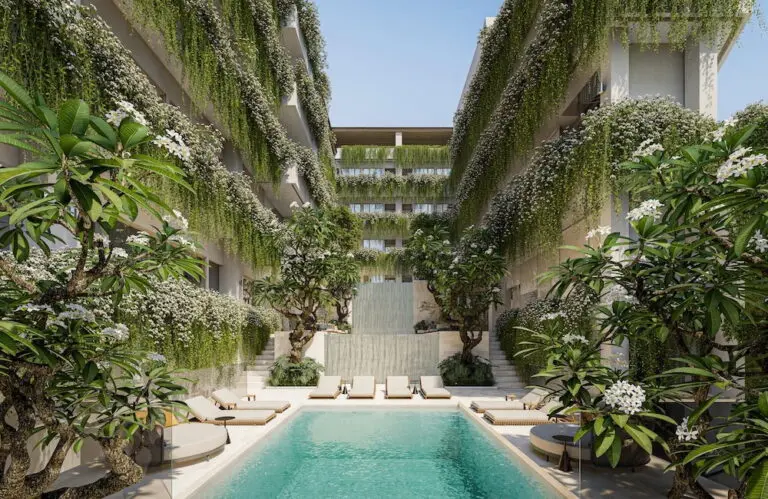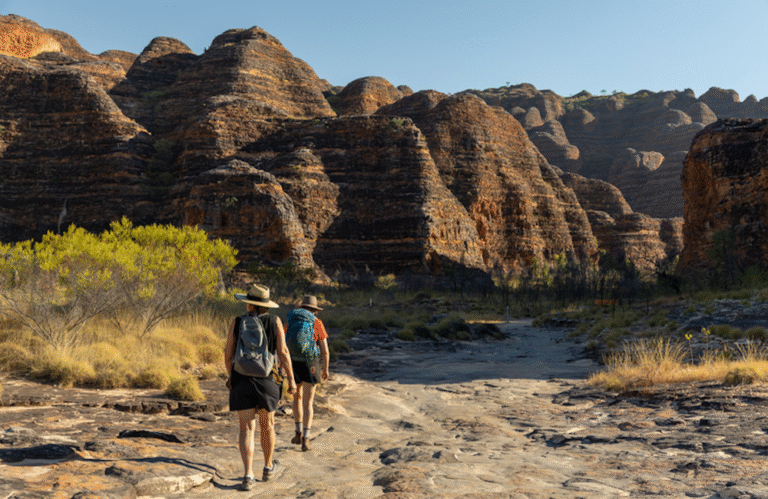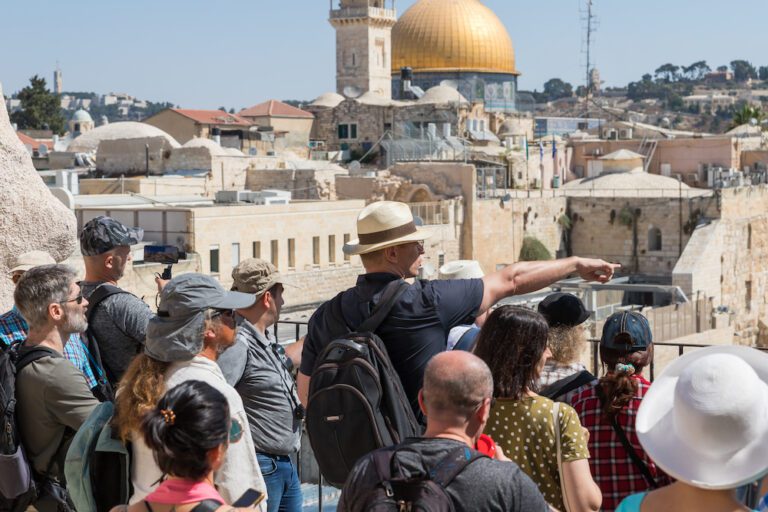The latest destination speculation in the great post-COVID-19 travel bubble blower is that of Singapore, who have said they are now in talks with several countries (including Australia and New Zealand) to develop reciprocal ‘green lane’ travel agreements.
On Friday, China became the first country to establish a green lane with Singapore. Both countries will now launch a “fast lane” arrangement in early July for essential business travel and official purposes to select Chinese destinations, as they emerge from the coronavirus pandemic with control measures in place.
Singapore officials say the Asian hub is also now in talks with several countries, including Australia, New Zealand, Malaysia and South Korea, to establish additional “green lanes” for travel.
According to a media statement, “Such arrangements allow for the restoration of connectivity and facilitation of short-term essential business and official travel between countries, subject to safeguards against the coronavirus.”
“Reciprocal green lane agreements means there must be mutual assurance of each other’s test protocol and standards,” Trade and Industry Minister Chan Chun Sing told a virtual press conference on Saturday.
“We are happy that we have been able to swiftly work on arrangements with China, and we hope to make progress with the rest of the countries,” Chan said.
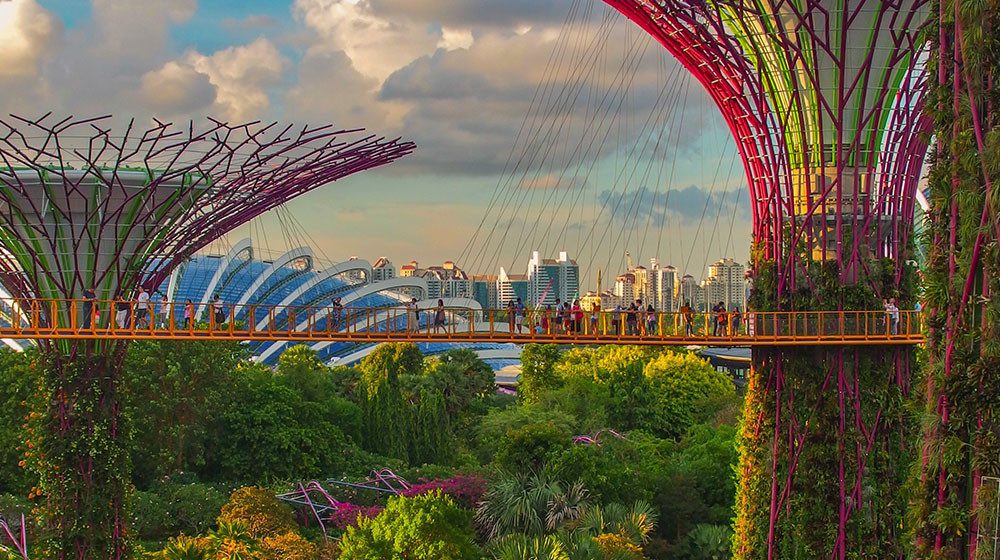
He said there were several considerations that go into deciding which countries to enter into such agreements with.
He explained that a situation where there is no such trust and “everybody does their own thing”, with each country insisting on testing travellers for the virus as well as giving them a 14-day quarantine, would be essentially unworkable.
For a green lane arrangement to work, both countries would have to first have confidence in each other’s safeguards and be able to coordinate their quarantine orders so that travellers might only need to be tested or quarantined once.
Apart from discussing necessary protocols, there is also a need to look at the health situation in each country to see when these protocols can safely be deployed, Chan said.
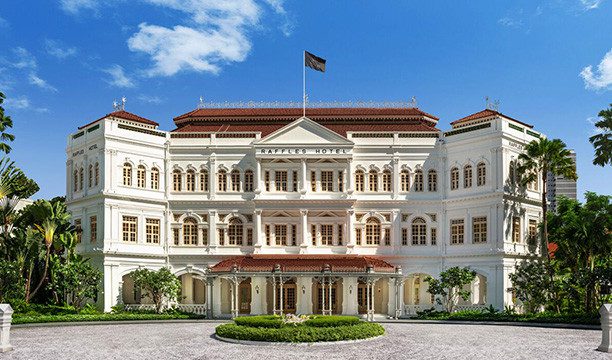
No further timeline has been given, though the Singapore and China ‘Green Lane’ arrangement beginning in early July will no doubt be an early marker of a wider plan’s viability. September perhaps?
The city-state is working towards reopening its borders by establishing “travel bubbles” with countries where the virus situation is under control and having green lane travel arrangements with selected countries.
“The conversations and discussions we’re having with countries vary; some (are) at more advanced stages, some we’re just starting,” Wong said of resuming travelling.
Singapore has so far reported 34,366 coronavirus cases and 23 deaths due to the disease and will relax its circuit breaker measures, starting from June 2, and gradually resume economic and social activities.

